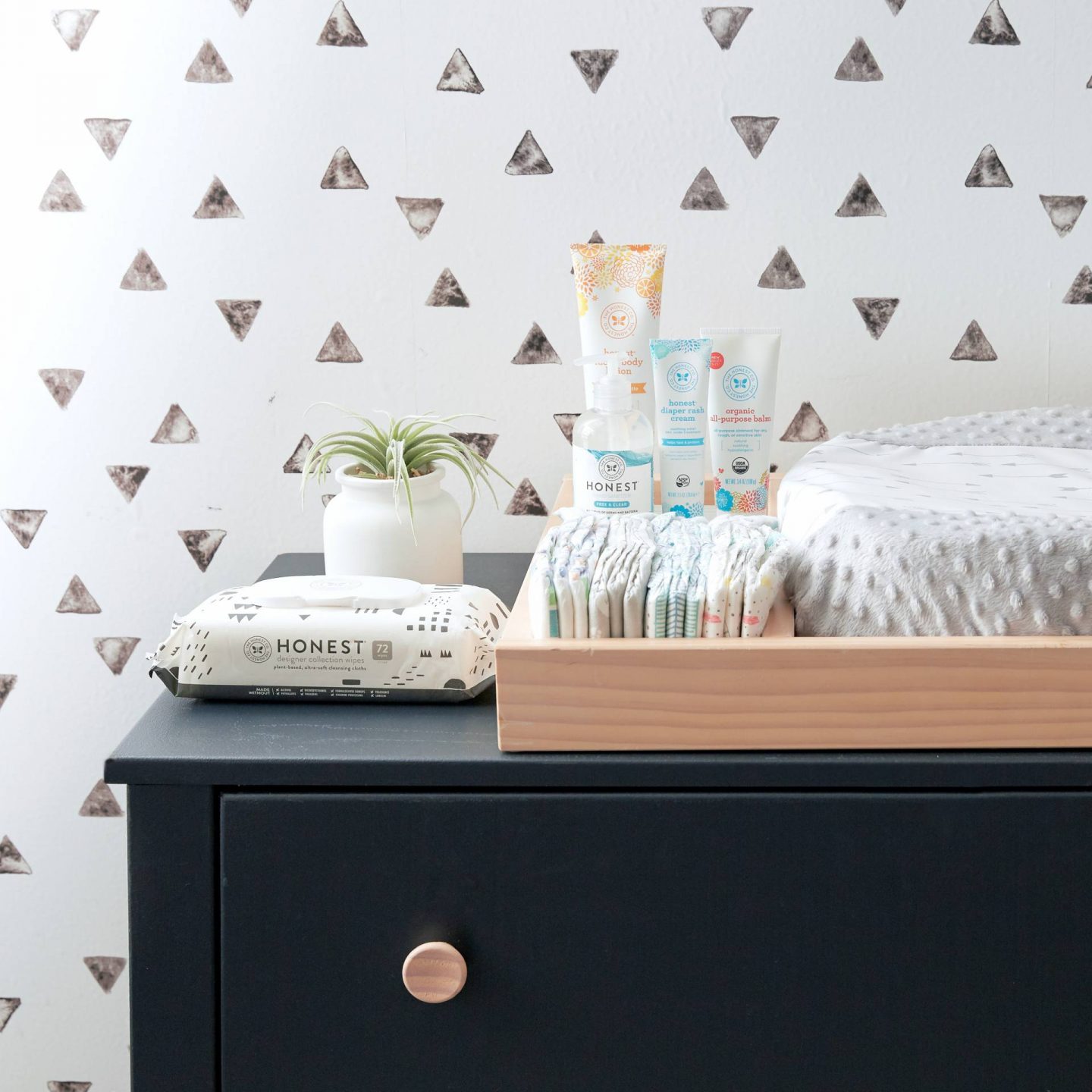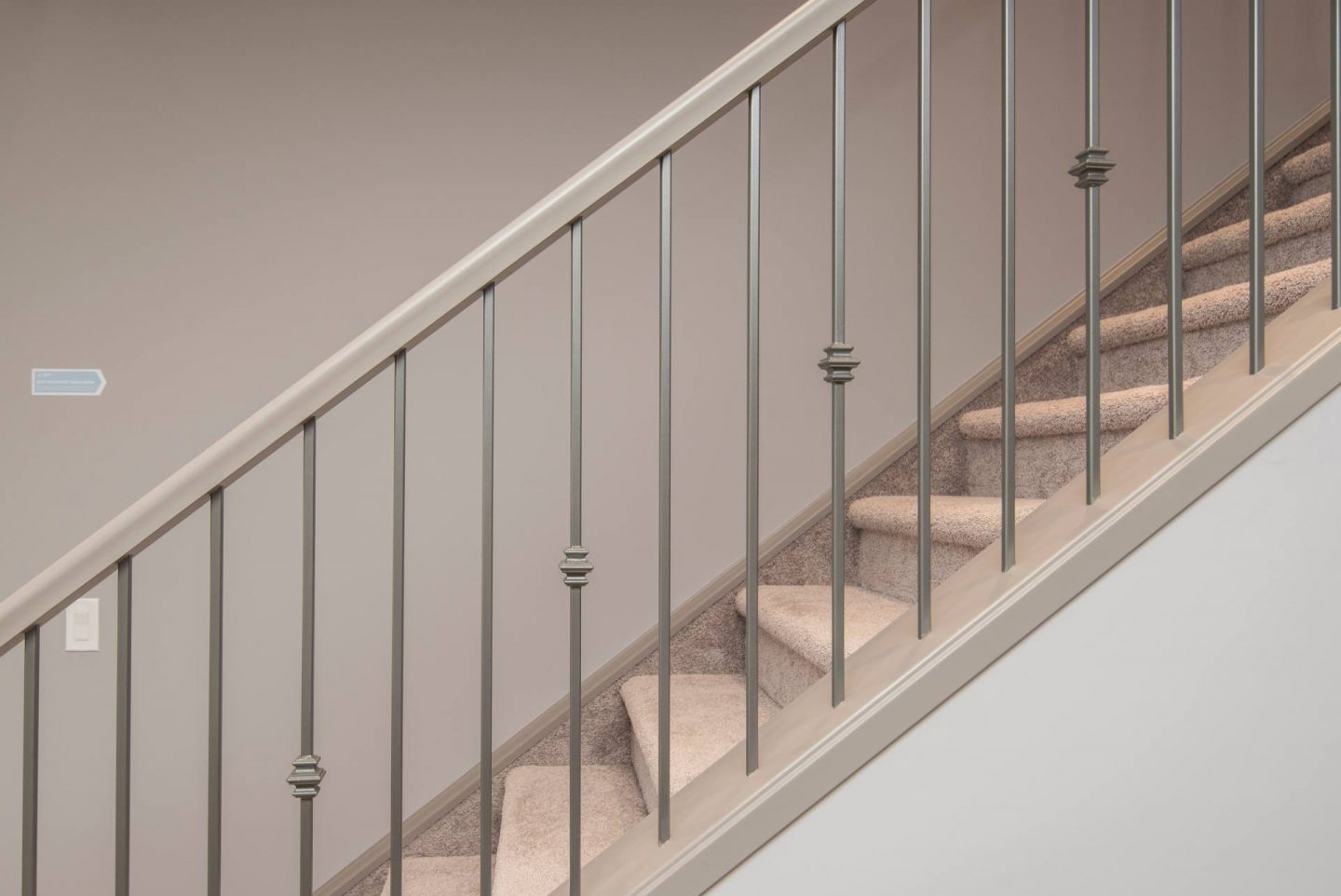*This is a collaborative post.
Life brings with it so many twists and turns; it’s unpredictable; it’s exciting; it’s an adventure. It’s not always easy but after the downs comes to the ups and you have to take the rough with the smooth. It’s good to know though that with whatever changes life may throw at you, you can adapt and work with them…and so can your house.
Having a Baby

One of life’s gifts and often one of the best things to ever happen to someone. But it can be so overwhelming; you only have nine months to get yourself together, to get ready and to get your house ready too. Don’t panic, though; there’s no need to renovate completely. Luckily the baby doesn’t do much in the beginning, so there is no need to baby proof the house straight away. You have about eight months until they can start exploring, and then it’s quite easy to make your home a safe space for them. Softening hard edges with cushioned corner guards and edge protector strips, tidy away any loose wires, buy stair-gates and fire guards and make sure you lock kitchen cupboards. Even though babies are small, they do tend to come with a lot of stuff, and this continues to grow as they do.
One practical change to consider is your flooring. Babies and toddlers spend a lot of time crawling, walking, and inevitably making messes, so having a durable, easy-to-clean surface is essential. If you’re thinking about upgrading your floors, a laminate flooring contractor Atlanta (or another local area) can help you choose a solution that balances comfort, safety, and practicality for a growing family. Laminate flooring is a great option because it’s low-maintenance, scratch-resistant, and softer underfoot compared to traditional hardwood.
Aside from moving to a bigger house or getting an extension on the house, there isn’t much else you can do than work with what you’ve got. But don’t worry, one day the kids will be gone, and you’ll have so much space you won’t know what to do with it, so enjoy it while it lasts.
As you children grow, your family grows, and the amount of stuff you have grows, it is worth investing in some more storage, for example, storage beds offer hidden spaces, or when your kids are younger, bunk beds are ideal for saving space.
Take a look at what changes you can make in your bathroom to create more space. Open shelving and baskets under the sink and behind the door can be a real lifesaver and the perfect place to keep small electrical beauty appliances. An excellent tip is to use a shoe organizer for a space saver that holds makeup, combs and brushes, jewelry, and even accessories such as scarves and belts. Maximize space in the living room and any other shared areas with multifunctional furniture such as ottomans that you can keep video game accessories in and coffee tables that have drawers and open shelving below.
Adapting As You Or Family Members Get Older
If it’s not your kids you’re looking after anymore, then don’t rejoice just yet as it could be time for an elderly relative to move in, or you could be slowing down yourself. If your parent or grandparent needs care, and the best option is for them to move in with you then again, there are ways to adapt your house for this. With a few small changes, you can make your home very accessible. An extra bannister rail or a stairlift can make life easier for someone who is less able and can mean they can get up and down the stairs. This works best for wide or straight stairs, but narrow, very steep or curved stairs can prove harder to install a stairlift on. If, at any point there are beeping or other noises coming from your stair lift when you install it, you may need to consult a professional. Baths with a side opening mean that no one has to climb over the side of the tub to get in or out. Alternatively, you could swap your bathroom for a ‘wet room’ style shower meaning you can walk straight in which is easier for everyone.
If a member of your family with a disability moves into your home or a member of your family becomes disabled, then again, there are a few ways you can quickly adapt to their needs. Each person is different, so of course, it does depend on the individual circumstances, and of course, it is possible that you or your family member will be eligible for re-housing. However, if this is not the case, there are things you can do. As well as the accessible options mentioned above, there are also domestic lifts if stairs are not an option anymore. You can change one of the downstairs rooms to a bedroom, install access ramps, widening doorways, and lower kitchen worktops.
For some, having your family move in with you may not be an option, so then it’s worth looking into Care for family, or the like, who empower their care professionals to help people live in the home they love, or their supported accommodation at any age but with the help they need.
If you’re struggling to cope with life changes, then remember to ask for support, speak to people about what’s going on, don’t try to deal with everything all on your own. Do your best to look after yourself as much as possible. If it feels like this change isn’t a good one, then do try and look for the positives and remember that it will get better.

